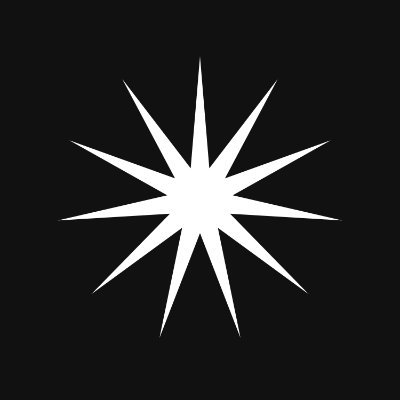
Mode Name Service, powered by SPACE ID, stands out by creating a universal name service network aimed at simplifying the discovery, registration, trading, and management of web3 domains. The governance of SPACE ID revolves around its token, ID, which empowers users to participate in decision-making, ensuring the platform remains community-driven and focused on growth. SPACE ID is governed by a DAO, with $ID token holders having a significant influence over its direction through a transparent and decentralized voting process.


Momint is a Web3 platform that facilitates the tokenization of real-world assets, enabling users to invest in fractional ownership of tangible assets through blockchain technology. The platform emphasizes sustainability and security, offering a user-friendly marketplace for purchasing and trading tokenized assets.


Moonwell is an open and decentralized lending and borrowing protocol. Onchain financial tools like decentralized lending and borrowing can empower people and act as stepping stones to new opportunities.



Morpheus.Network focuses on optimizing and automating enterprise supply chain operations for companies and government organizations. Their platform uses technologies like ML/AI, IoT, and blockchain, integrating with over 150 leading companies, including SAP, DHL, and Fedex. Morpheus.Network enhances revenue through digitization, process automation, data protection, and resolving legacy supply chain issues. The platform's MNW token, used for executing smart contracts, facilitates logistics and international payments. The project is self-funded with donations from Google, Microsoft, and SAP. A DAO is in development for trust.supply.



Morpho is a permissionless, non-custodial lending protocol that runs on Ethereum and Base, offering “open infrastructure for on-chain loans. Its flagship product, Morpho Blue, lets anyone spin up isolated lending markets with just one collateral and one borrowable asset, cutting complexity and risk.





Múnar is a fully functional onchain AI agent that lets users interact with Web3 infrastructure using simple language prompts. From cross-chain swaps to project discovery, Múnar makes complex crypto actions intuitive and accessible.






NFTs2Me is a multichain, no-code platform that allows creators to easily build, deploy, and manage NFT collections. It simplifies the entire NFT lifecycle, offering tools for generative art creation, IPFS storage, and customizable minting options. The platform is self-funded, does not have a formal governance process, and has not yet issued a token. NFTs2Me aims to make NFT creation accessible to everyone, regardless of technical expertise.






Nouns are an experimental attempt to improve the formation of on-chain avatar communities. Nouns DAO utilizes a fork of Compound Governance and is the main governing body of the Nouns ecosystem. Nouns DAO lets Nouns NFT holders participate in governance. Each Nouns NFT equals one vote. Holders can vote directly or delegate their votes. Proposals require ownership of at least two Nouns NFTs. New Nouns are minted daily, diluting individual voting power and encouraging active participation. The tokenomics of Nouns DAO are centered around a auction mechanism and a decentralized governance model. Every day, one Noun NFT is minted and auctioned off, with all proceeds going directly into the Nouns DAO treasury. The initial funding mechanism leverages the sale of these Noun NFTs to build a substantial treasury, which has grown significantly over time.


Nuzo is a digital currency wallet focused on empowering users in Africa by enabling seamless payments, savings, rewards, and trading of digital dollars. It connects users to a decentralized financial ecosystem with tools to enhance financial inclusion and promote savings and stability in high-inflation economies.


Obligate is a blockchain-based platform that enables companies to issue on-chain bonds and commercial papers, providing a decentralized and regulated environment for corporate debt financing. Built on the Polygon blockchain, it combines the efficiency of smart contracts with traditional financial regulations to streamline the bond issuance process.



Oku Trade is a decentralized exchange platform offering advanced trading features on 16 EVM-compatible chains. It includes a bridge aggregator and a Uniswap v3 analytics tool. Governed without a formal process and lacking a token, Oku Trade was funded by a $1.6 million grant from the Uniswap Foundation to enhance decentralized exchange interfaces.




